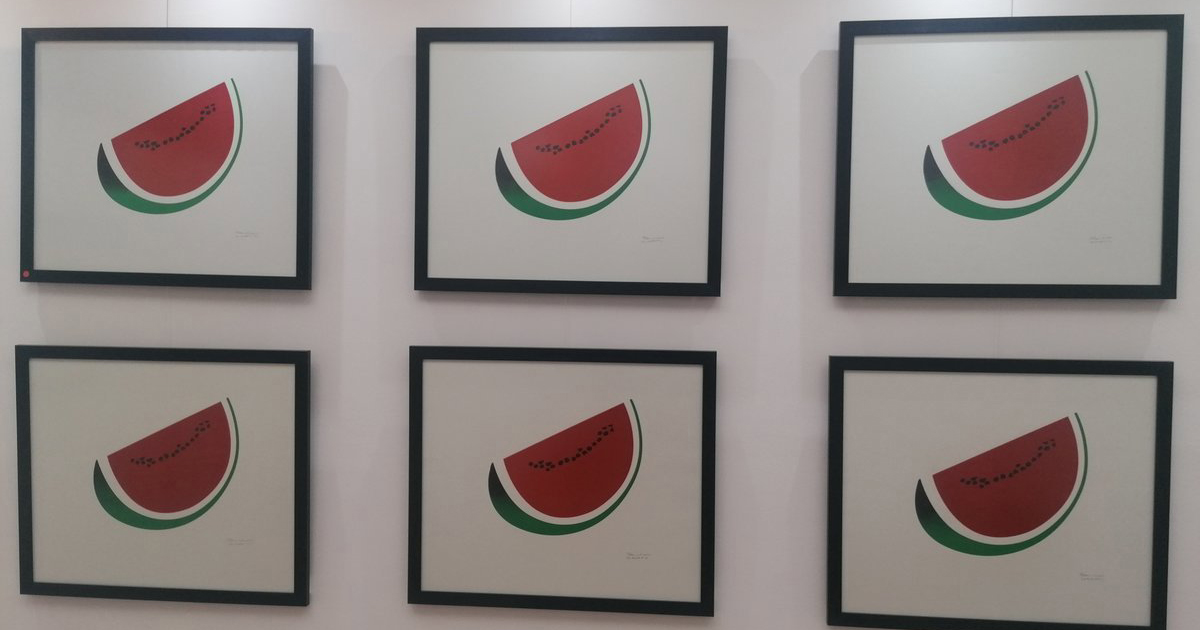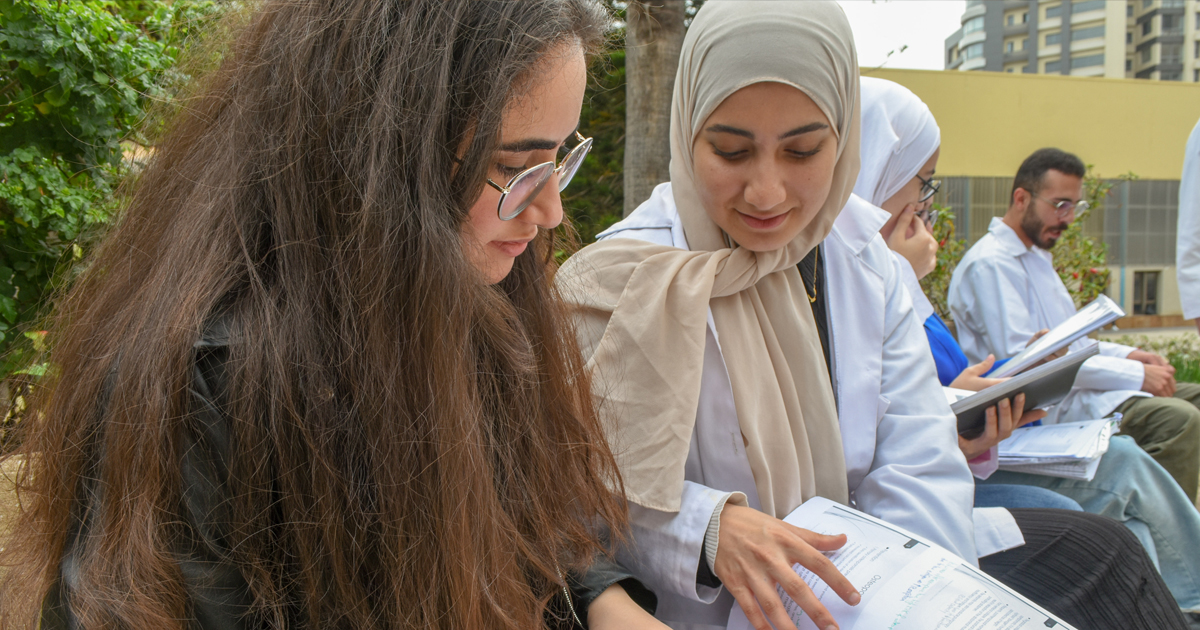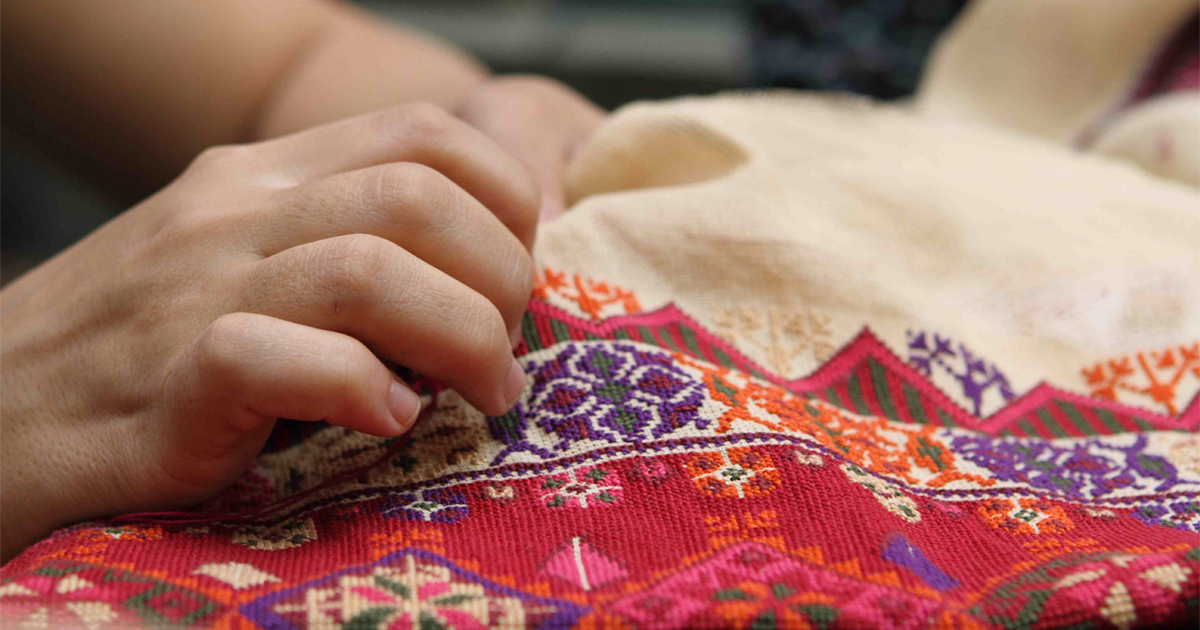For centuries, olive trees have covered the hills and valleys of Palestine. Some of the world’s oldest olive trees still stand there today, their roots anchored deep in the soil, their branches carrying the memory of countless seasons.
For Palestinians, the olive tree has always been a vital source of sustenance. It provided food security, oil for cooking, and even inspired sayings such as “on bread and olives we survive” and “olive oil is the pillar of every home.”
Today, the majority of olive production is concentrated in the West Bank, where over 10 million olive trees stretch across nearly 86,000 hectares, forming a cornerstone of Palestinian agriculture.
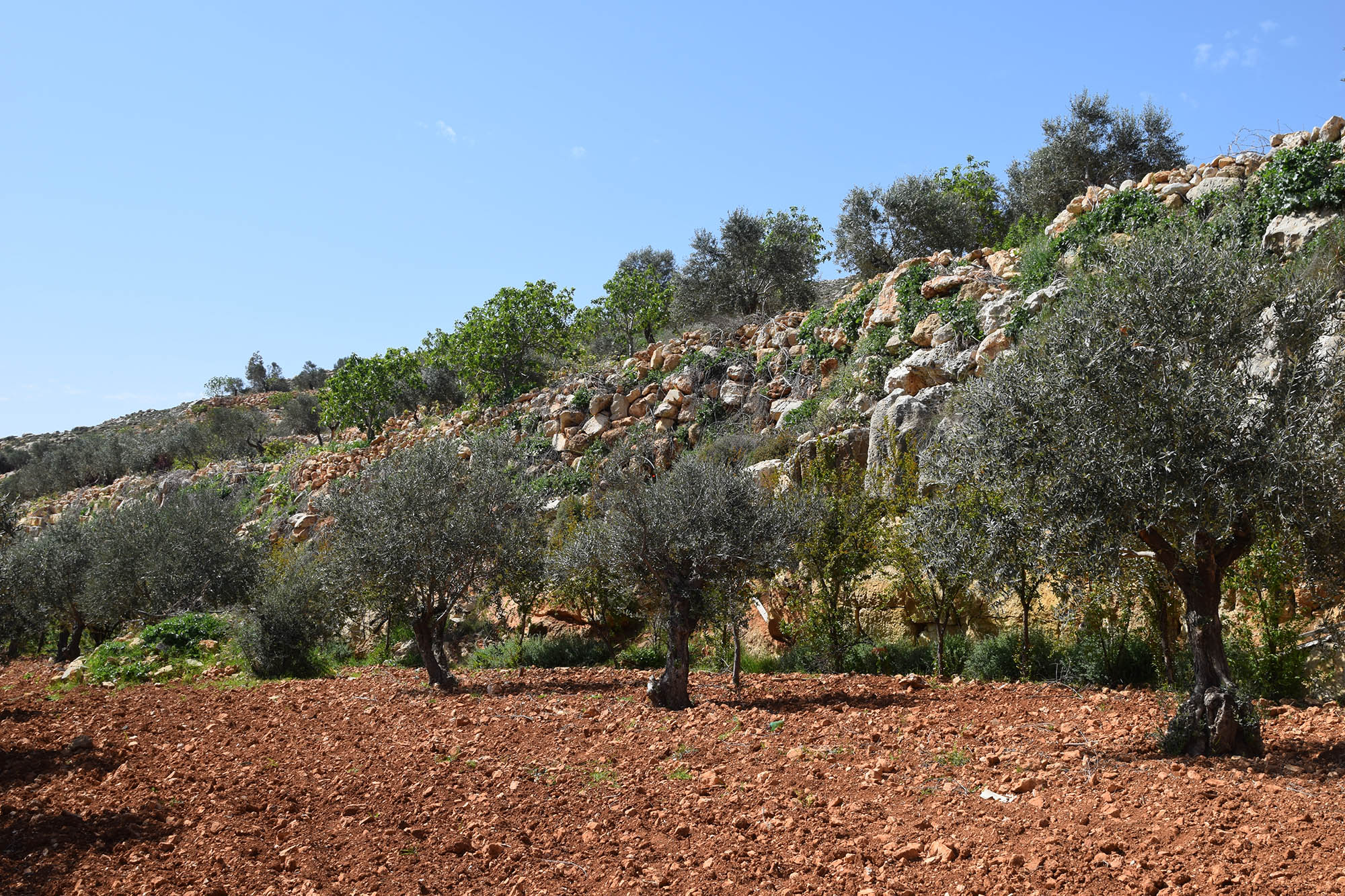
Harvest Season: A Time of Unity
Each autumn, families gather in fields and groves to harvest the olives, turning them into golden oil that fills kitchens, livelihoods, and traditions. Olive oil is more than a staple of Palestinian cuisine—flavoring everything from bread with za’atar to hearty stews—it also powers heritage industries such as the world-renowned Nablus soap.
A Symbol of Resilience and Belonging
The olive tree has become a cornerstone of Palestinian identity. Its ability to survive for hundreds, even thousands of years, despite harsh conditions, embodies the spirit of steadfastness (sumud). To Palestinians, the olive tree is not just a crop, but a symbol of continuity, belonging, and the unbreakable bond between people and land.
“We will remain as long as thyme and olives remain”
The destruction and uprooting of olive trees are often part of efforts to seize Palestinian land and displace residents. But even in times of hardship, the olive harvest remains a moment of unity and hope. Families, neighbors, and entire communities come together to work side by side, passing down not just techniques of harvesting but also stories, songs, and heritage.
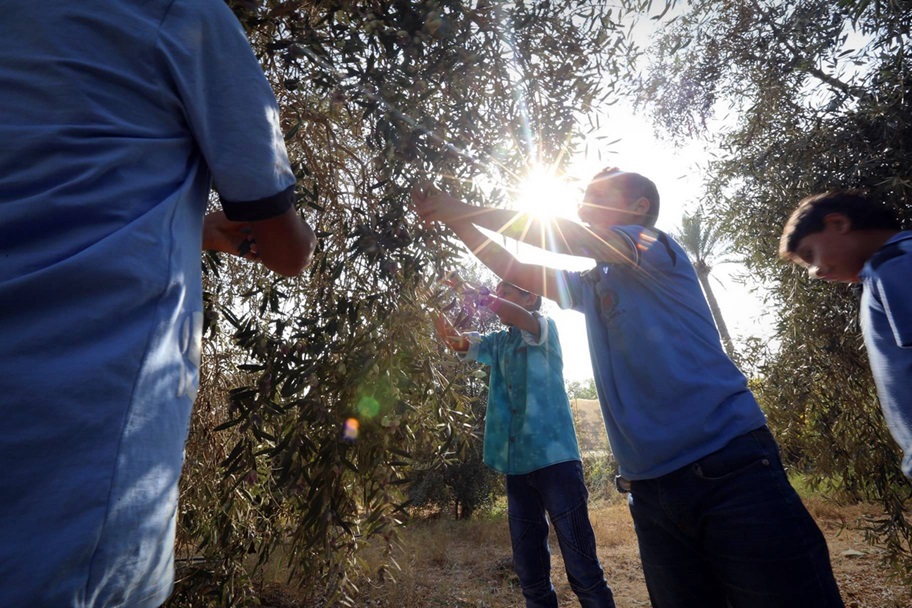
The Olive Tree in Palestinian Art and Literature
Olive trees are also prominent in Palestinian art and literature. The olive tree is a recurring motif in Palestinian art and poetry, symbolizing national pride and the enduring quest for statehood. The celebrated Palestinian poet Mahmoud Darwish wrote, “If the olive trees knew the hands that planted them, their oil would become tears”.
More Than Agriculture
The olive tree is not only a cornerstone of Palestinian farming but also a cultural treasure and a global symbol of peace and perseverance. Supporting Palestinian families in preserving their olive groves means safeguarding both livelihoods and identity.
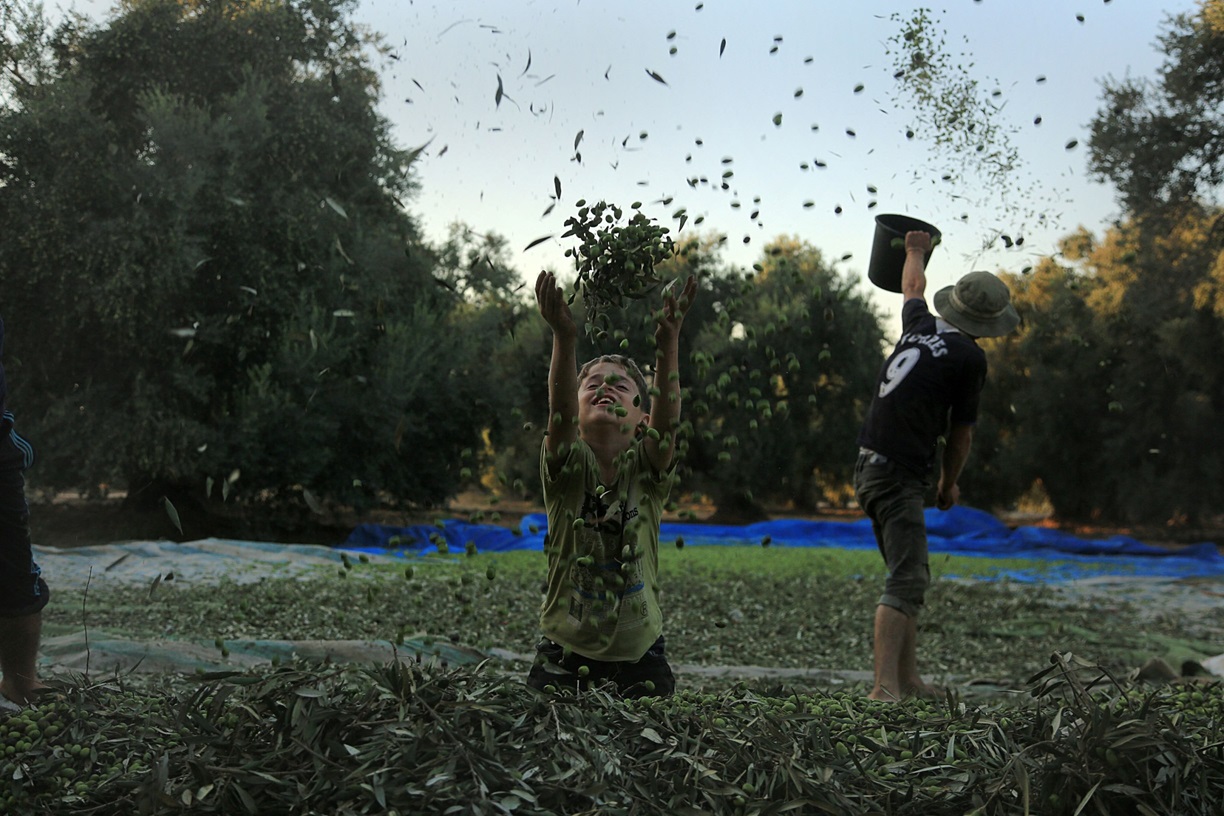
Rooted Like the Olive Tree
Just as the land of Palestine gave rise to the olive tree, it has nurtured a people deeply rooted in their soil—steadfast, resilient, and unwavering in their connection to their heritage.
The olive tree is more than agriculture. It is memory, identity, and resilience, anchored in the heart of Palestine.

